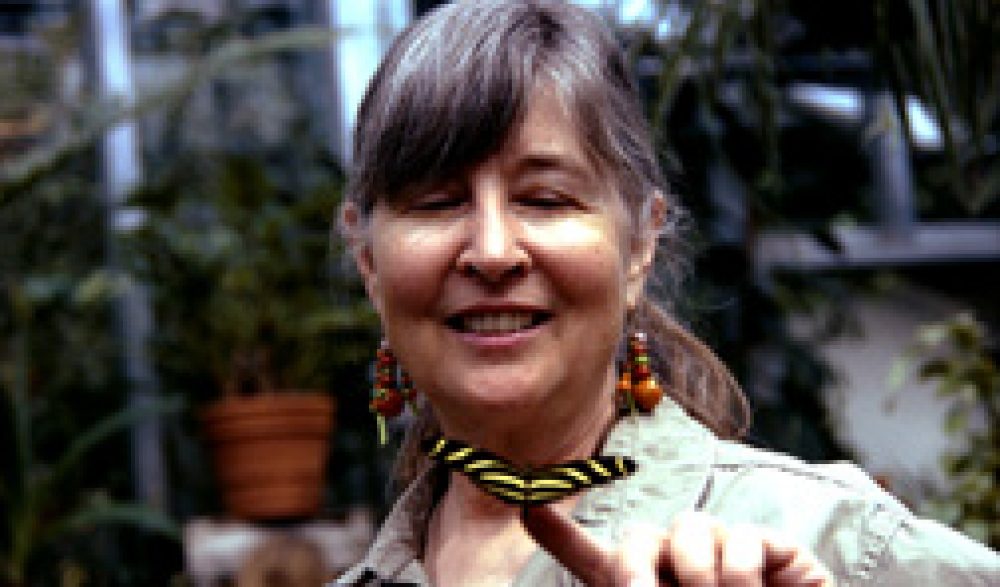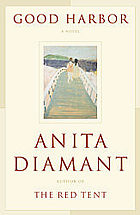Diamant has clearly interviewed women who’ve been through the most common type of breast cancer diagnosis–DCIS, a noninvasive cancer that is contained within a milk duct and has not reached the nodes–which commonly involves a lumpectomy and radiation. Although the diagnosis is not exactly the same as mine–I had invasive ductal cancer that did not reach the nodes–the treatment is the same. Diamant has done her research.
Yet something was missing for me: the underlying authority of having been there. She knows the breast cancer experience in her head, but not in her bones. Reading this book about breast cancer for me is like reading about Paris from someone who never actually went there. The description of Kathleen’s reactions to her diagnosis, constant anxiety, annoyance with the inquiries of friends, none of that works for me. The first two months were definitely an emotionally chaotic time. Now, healed from the surgeries, I do experience those things, but in waves. I have cry days every couple of weeks, otherwise I feel pretty great. But I’m between treatments. This fab feeling may not last.
Another difference in my experience: My major negative emotion is not so much overall fear or even fear of death. My sharpest fear is lack of trust in the reliable competence of the medical community based on my experiences so far, but my strongest emotion is not fear at all, but grief, all the stages of which I seem to traverse for each little loss.
I don’t believe that I’ve been dealt a death sentence, although I may know a little more about how I might die than most people know–life, after all, is lethal for all of us. But breast cancer involves constant facing of the unknown, a scary journey that can be physically and emotionally painful (although you don’t know how painful until you get there), and the side effects of treatment are also unknown and are not the same for everyone.
Diamont did explore the way having a serious illness changes relationships, sometimes bringing one closer to old friends, introducing surprising new friendships, and causing some friends once thought close to flee. I’ve experienced all of this. So many heroes come out of the woodwork. So many people really will–really want to–help if you’ll just tell them how. Not knowing how to help or what to say, or not wanting to face their own vulnerability and illusion of perpetual health, has caused some friends to pretend that there’s nothing wrong, nothing really changed. The subject of my health is definitely off the list of acceptable conversational topics for some.
Relationships, Jewish community dynamics, and a wonderful feel for walking an ocean shore–something I also know quite a bit about–keep this book a good read. And the questions raised by the breast cancer issues and how I related to them was also of value, even if I didn’t agree. The only reason I might avoid reading it is that the description of Kathleen’s radiation treatments and her reaction to them–including a disabling depression–scared me a lot. Really a lot. Since I’m just about to start them, I can’t comment on whether I will react similarly. But stay tuned. I’ll let you know.

